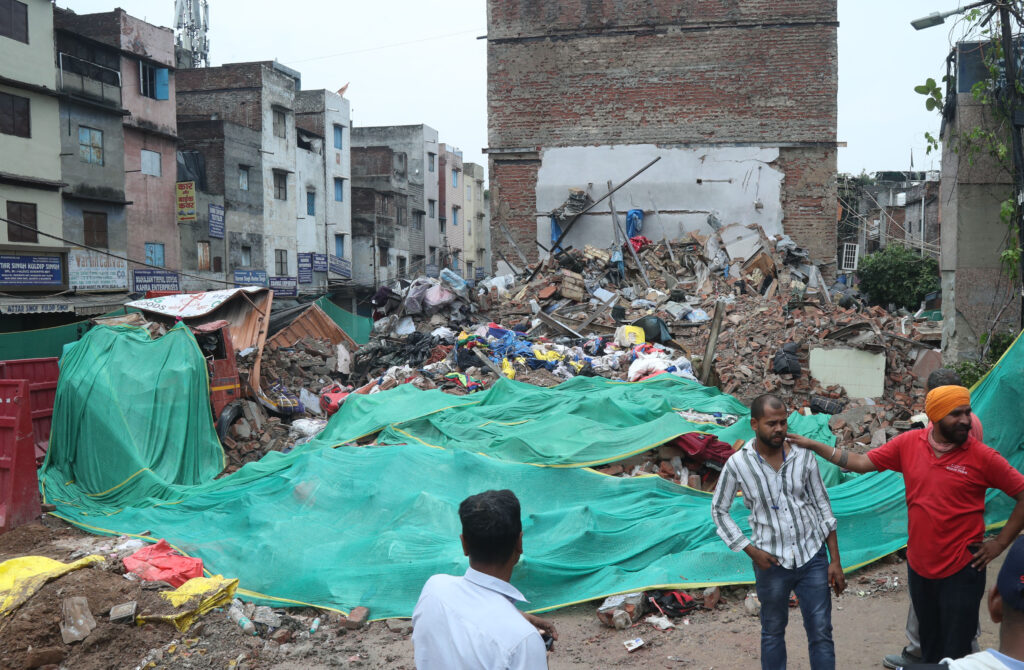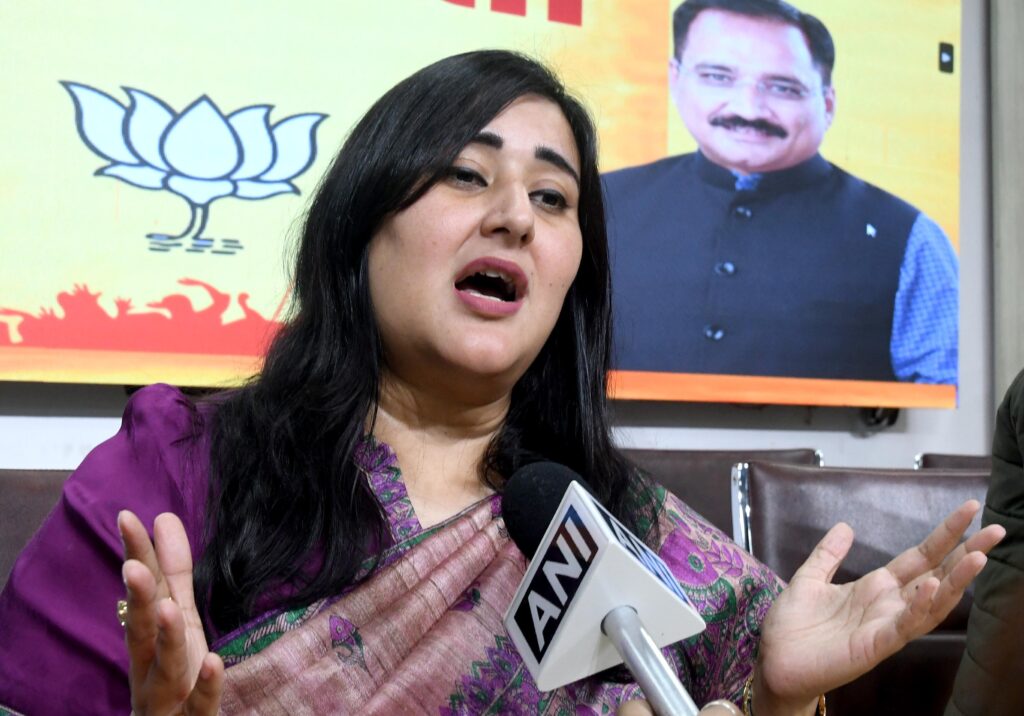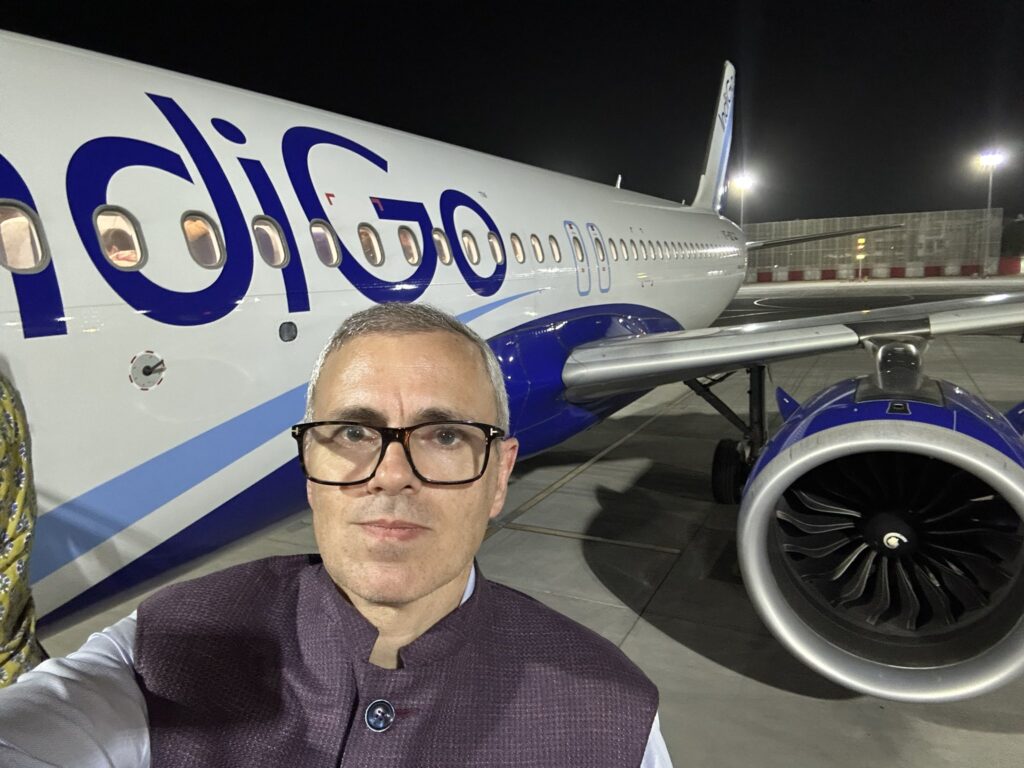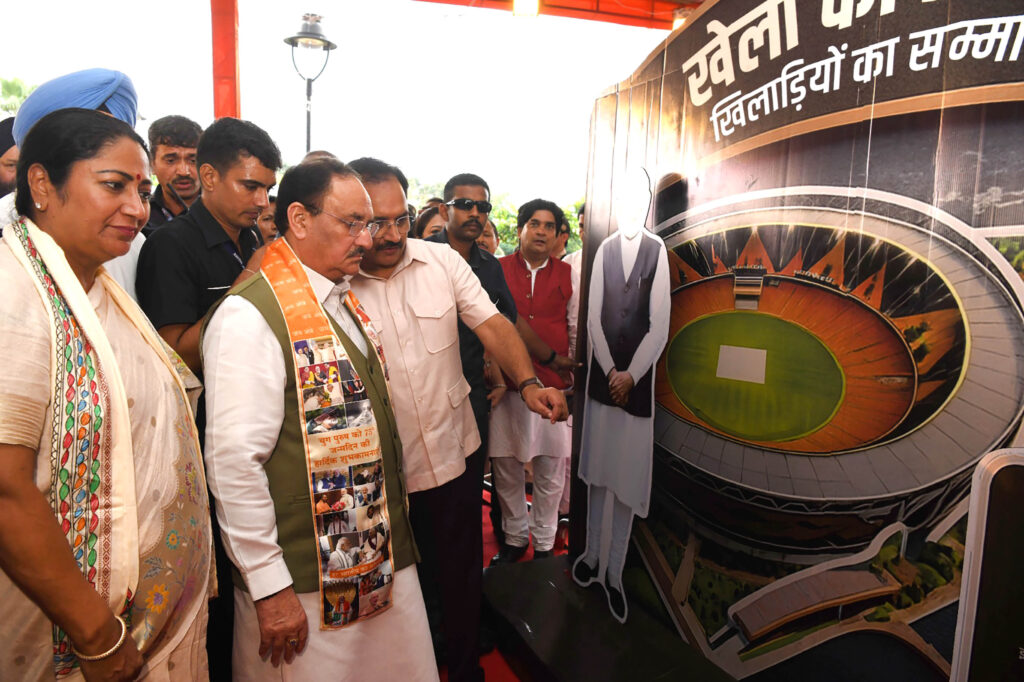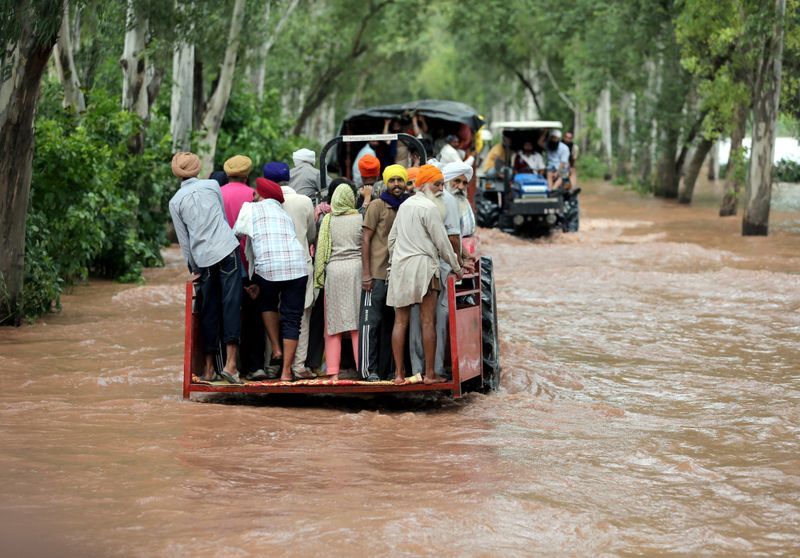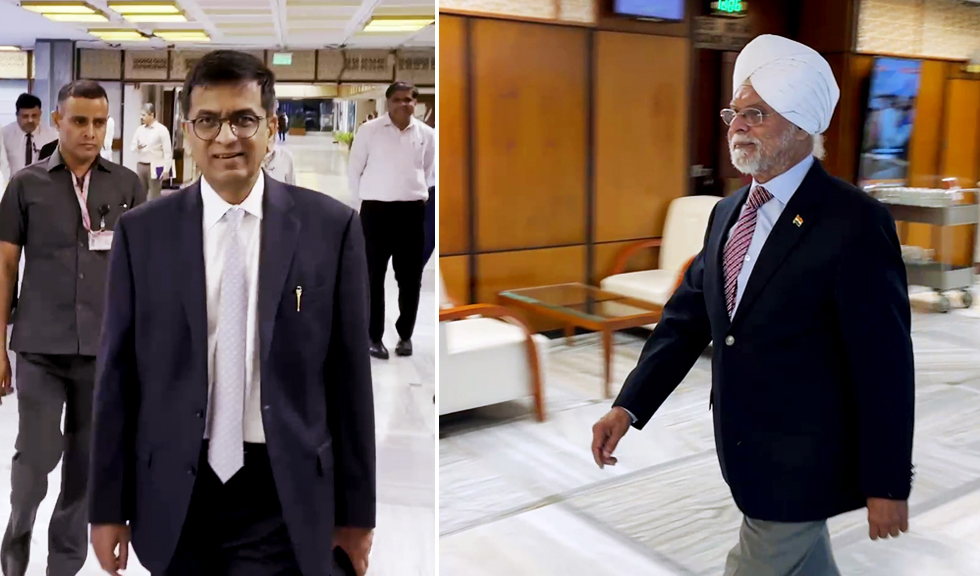
One Nation, One Election: Top Judges Weigh In, Highlight Challenges
Former Chief Justices of India, Ranjan Gogoi and Dipak Misra, have lent their voices to the ongoing debate surrounding the “One Nation, One Election” proposal. While both acknowledged the concept’s constitutional viability, they also highlighted potential complexities.
Justice Khehar’s analysis centered on the logistical and technical aspects of such a sweeping electoral reform. He emphasized the need for absolute transparency in the voting process to maintain public trust. He also argued that even shortened electoral terms would not infringe upon the basic structure of the Constitution.
In contrast, Justice Chandrachud expressed reservations about granting the Election Commission extensive powers to potentially alter constitutional provisions. His primary concern revolved around the potential for the Commission to unilaterally shorten the tenures of state legislative assemblies.
The differing perspectives of these legal luminaries underscore the intricate constitutional and practical challenges inherent in implementing “One Nation, One Election.” The debate’s significance extends far beyond political discourse, impacting the very foundation of India’s federal structure and democratic processes. A thorough and inclusive national conversation is crucial before any such significant change is undertaken.


